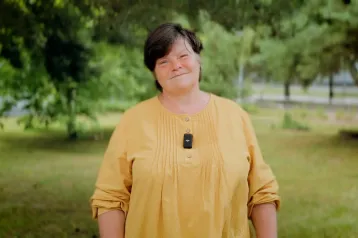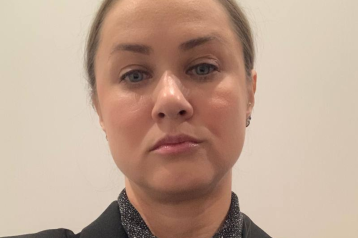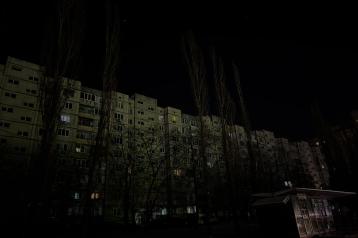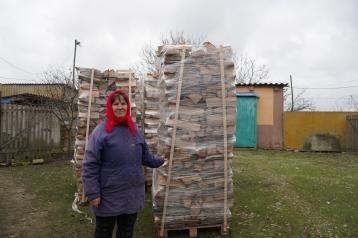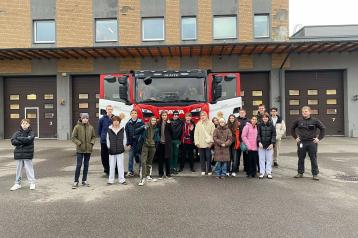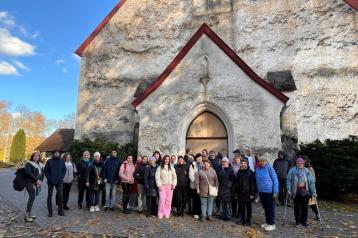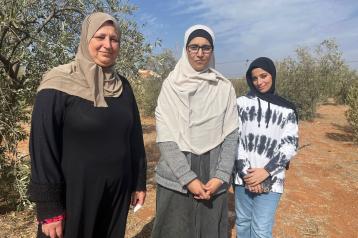Countries
On 5 July 2024, a guided bomb struck Komar village in Donetska oblast, shattering Ivan’s world. His only daughter, Halyna, just 32, was killed in the attack while working at the village council—one of the targets that tragic day.
Ivan, his wife, and their 5-year-old grandson left the village immediately, seeking refuge in a rented house in Dnipropetrovska oblast. The house was empty, and the yard neglected, but they slowly began making it a home. They also managed to bring some of their livestock and pets from Donetsk oblast - a dog, two cats, rabbits, and doves. Raising doves is Ivan’s passion, and he finds comfort watching them soar above the yard before returning to their dovecote.
The family struggled to earn a living at the new place, as Ivan’s pension was their only source of income at that time. They had to cut back on food expenses and even borrow money to meet basic needs. Thus, when Ivan found out about the ERC’s Emergency Livelihoods programme, funded by the European Union, he decided to apply. “We have excellent experience in keeping livestock. The programme looked like a chance to resume our activities and improve the financial situation”.
With a 30,000 UAH (roughly 700 EUR) grant from ERC, Ivan purchased 60 hens and fodder. He began selling eggs to locals and at the market. “Hens provide income almost immediately,” he says. Producing around 45 eggs daily, he earned 7,000 UAH (160 EUR) in the first two months—much-needed support for his family.
“Being busy with the livestock keeps me away from painful thoughts and memories. I need to take care of my grandson and give him a happy childhood. With the grant our family received, we resumed our livestock farming and feel more financially stable and independent”, Ivan says.
The Emergency Livelihoods programme is implemented by the Estonian Refugee Council in Ukraine and is funded by the European Union.

